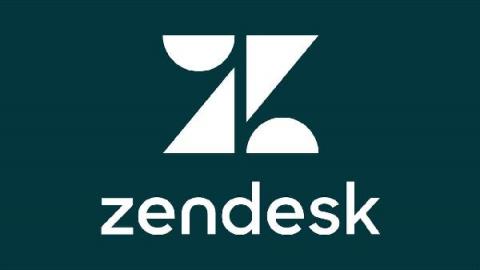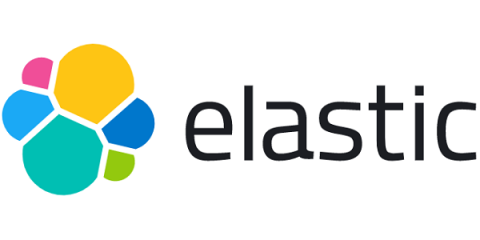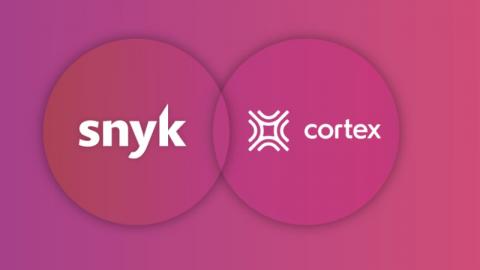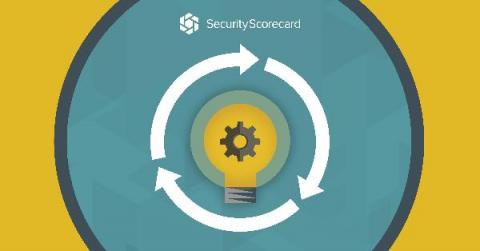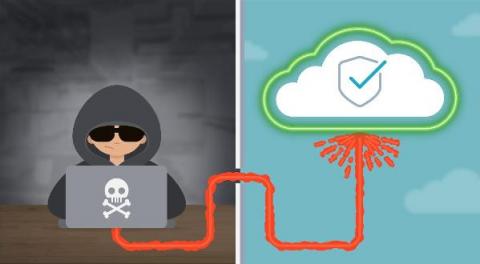Is Zendesk HIPAA Compliant?
As an omni-channel customer service solution, Zendesk allows for companies to meet customers where they are by providing a variety of options for customer support, intake, and management of the overall customer experience (CX) process.


